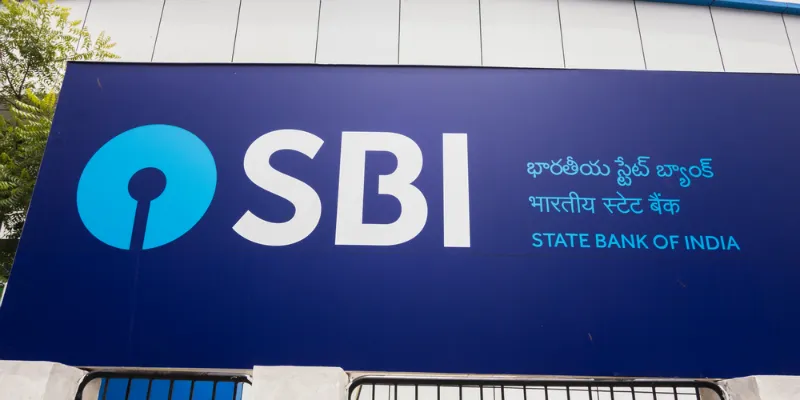SBI's board gives 'in-principle' approval for investment in YES Bank
The announcement came hours after YES Bank was placed under a moratorium, with the RBI capping deposit withdrawals at Rs 50,000 per account for a month and superseding its board.
The SBI board has given the largest lender an "in-principle" approval to invest in the capital-starved YES Bank.
The central board of SBI discussed the matter at a meeting on Thursday, it informed the exchanges.
The announcement came hours after YES Bank was placed under a moratorium, with the RBI capping deposit withdrawals at Rs 50,000 per account for a month and superseding its board.

"The matter in regard to YES Bank was discussed at the meeting of the central board of bank on Thursday and an in-principle approval has been given by the board to explore investment opportunity in the bank," the SBI board informed the bourses late in the evening.
According to reports, the government has asked SBI and life insurance behemoth LIC to collectively pick up a 49 percent stake in YES Bank.
Speaking in Davos, Switzerland earlier this year, SBI Chairman Rajnish Kumar said YES Bank, which had over Rs 2 lakh crore in deposits as of September, will not be allowed to go down.
Appreciating its investments in technology, he said the bank has a strong brand.
Earlier, Kumar also suggested that YES Bank's rival Kotak Mahindra Bank is best placed to takeover the lender.
Reports of the takeover led to a 25 percent jump in YES Bank in trading on Thursday, while the SBI scrip closed 1.05 percent up at Rs 288.30 a piece at the end of trade.
However, brokerages were not enthused, and a couple of them pegged the value of each stock at Re 1 if such a bailout were to happen.
Terming it as a "quasi sovereign bailout", J P Morgan said, "we believe forced bailout investors will likely want the bank to be acquired at near zero value to account for risks associated with the stress book and likely loss of deposits"








